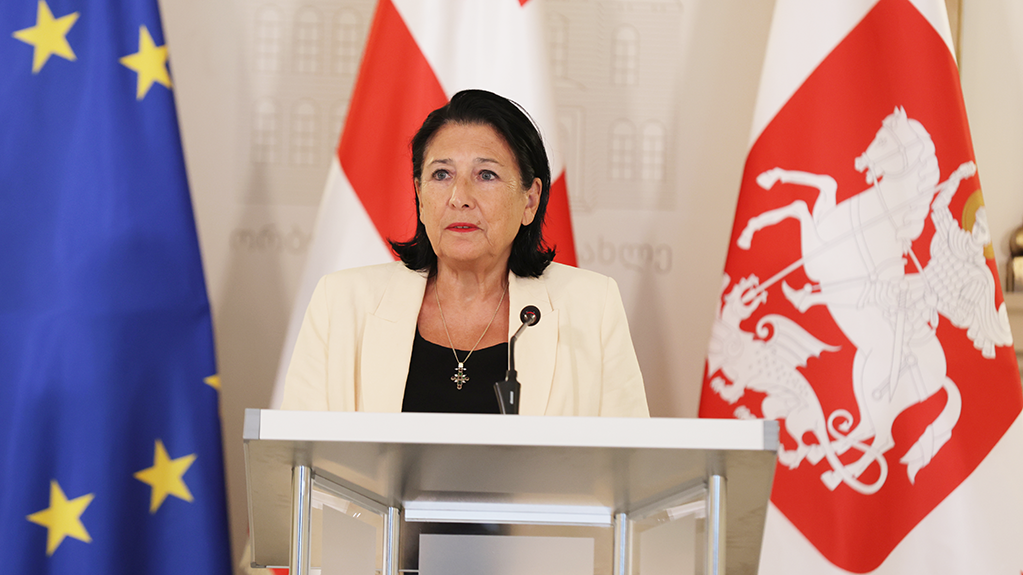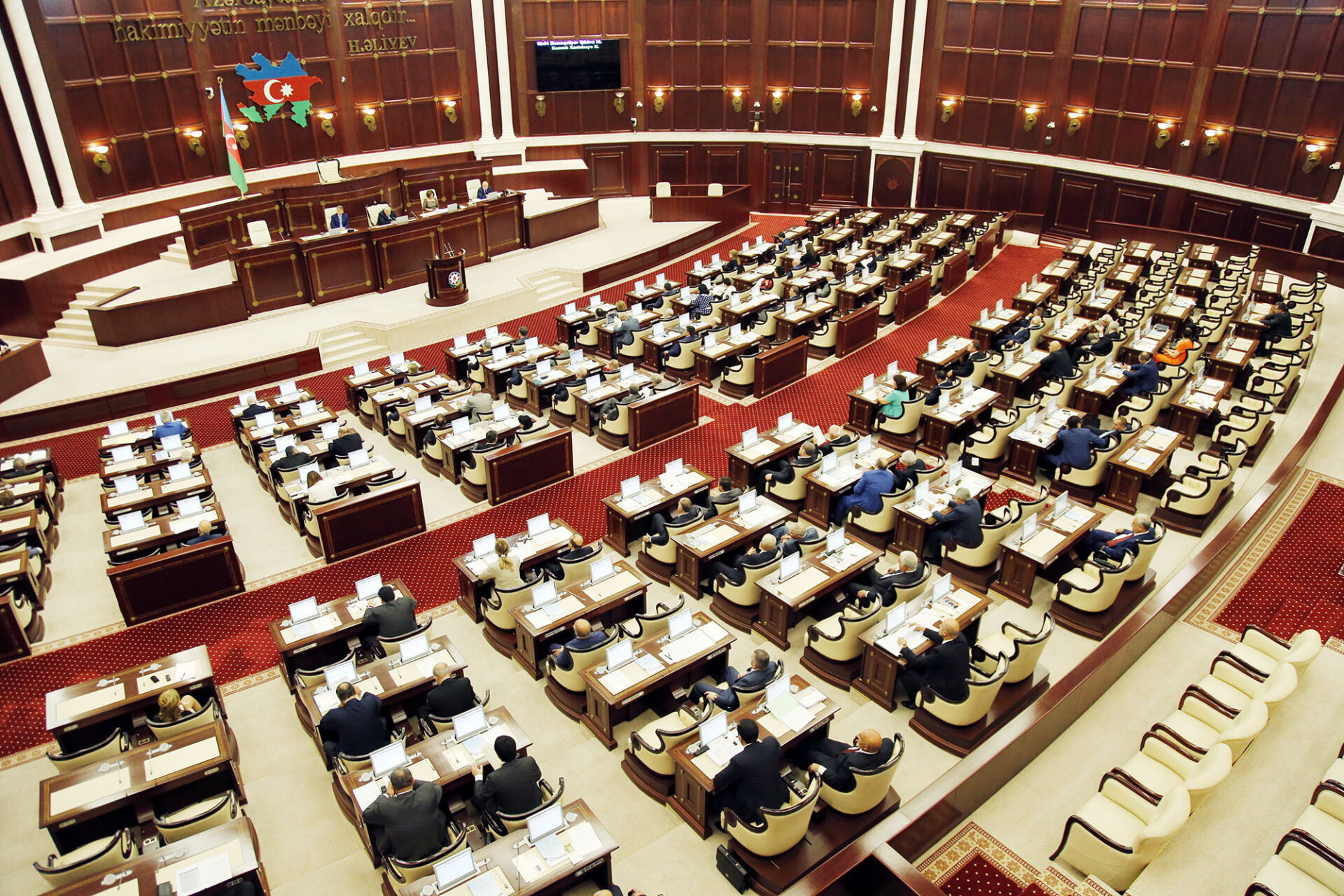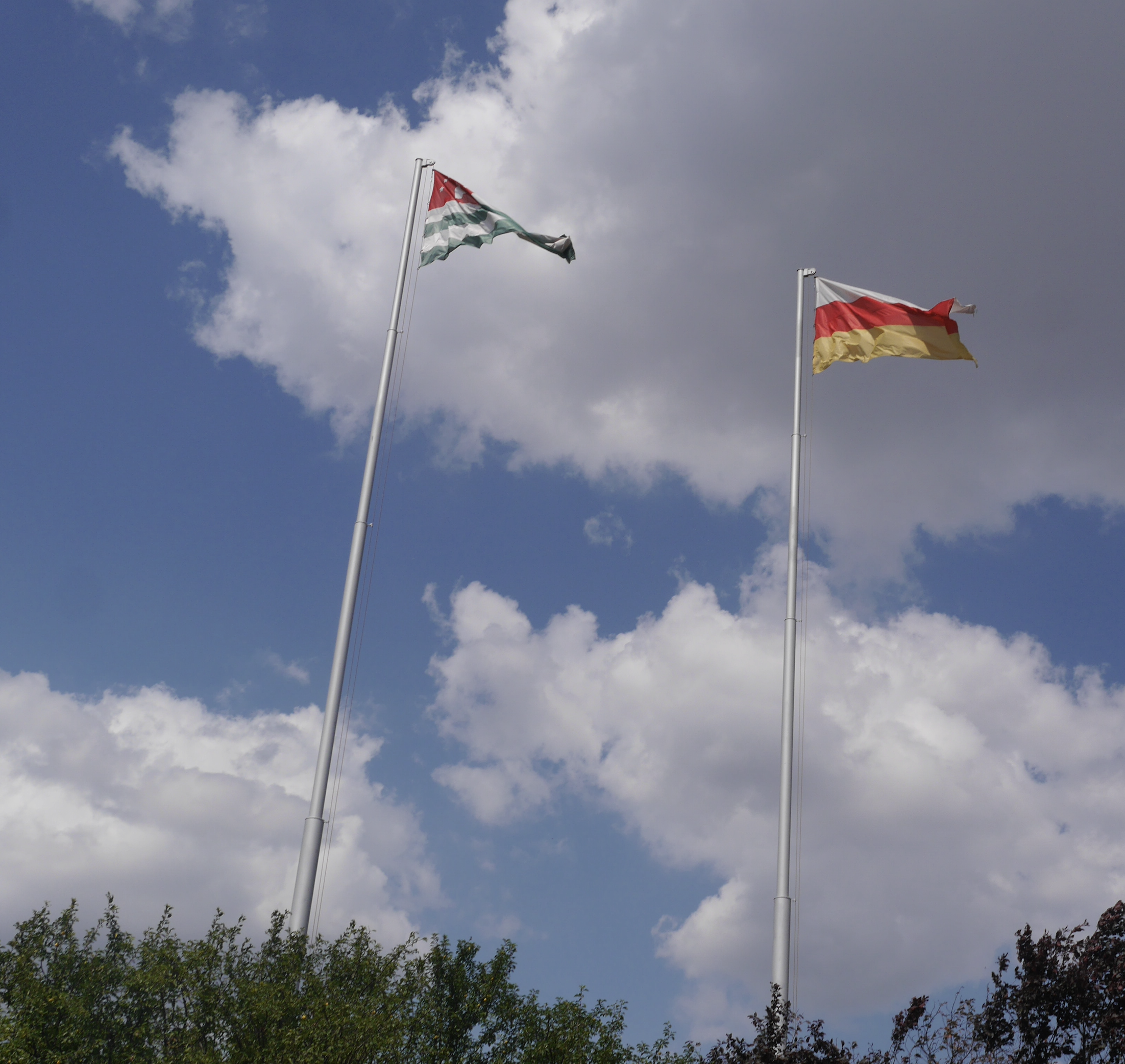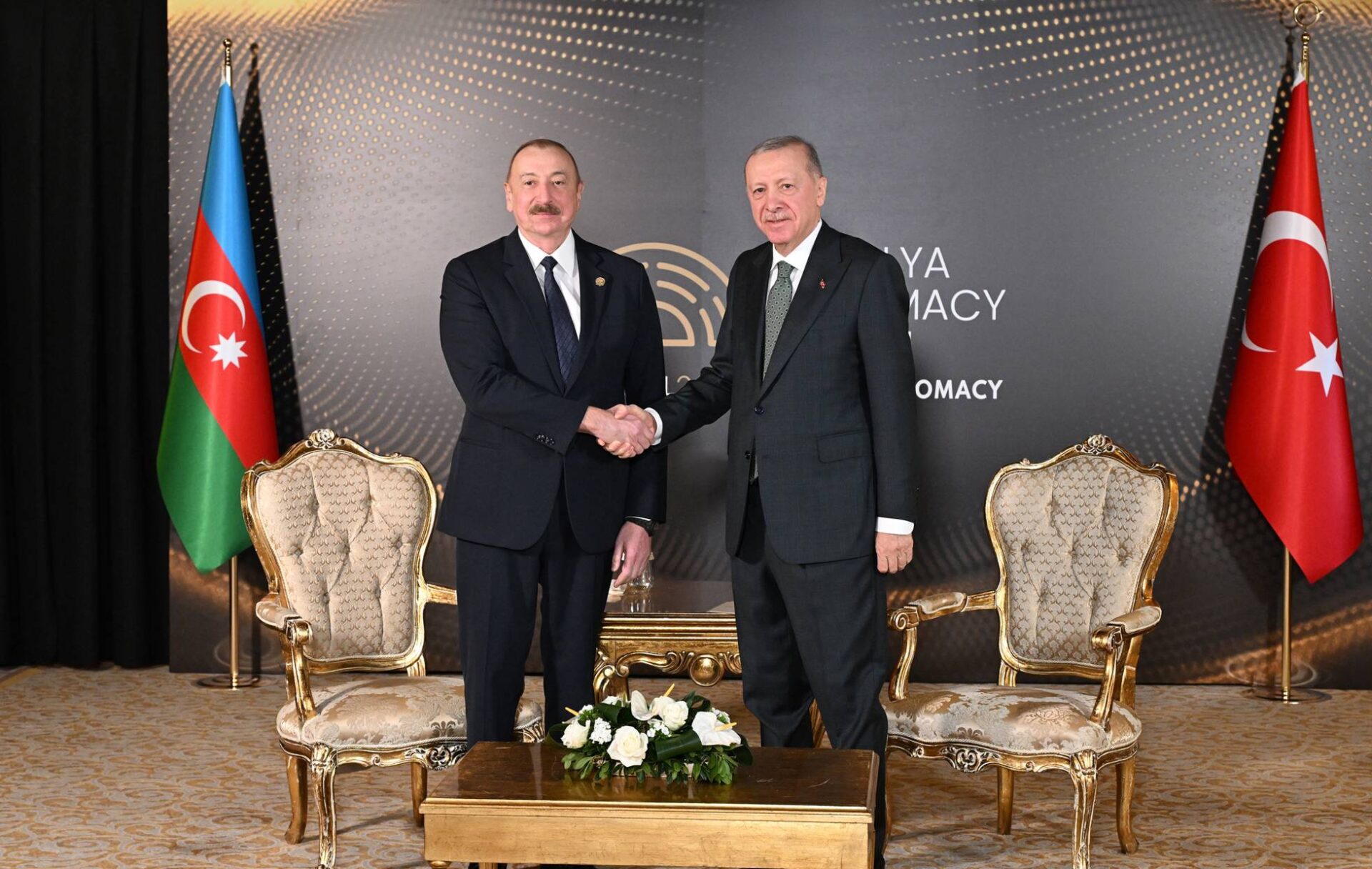
Georgia Prepares for Decisive Parliamentary Elections
Georgia Prepares for Decisive Parliamentary Elections
Executive Summary:
- On October 26, Georgia will hold parliamentary elections that will determine whether the country falls further into Russia’s clutches or turns toward closer relations with the West.
- The ruling Georgian Dream party accuses Western entities of attempting to destabilize the country, while the opposition and Western allies argue that the government is undermining democratic principles.
- If Georgian Dream wins, it has vowed to ban the main opposition parties, leading to fears of democratic backsliding, while a victory for the opposition could restore Georgia’s pro-Western course.
On August 27, Georgian President Salome Zurabishvili signed a presidential decree officially setting October 26 as the date for parliamentary elections. At the briefing, the president stressed the existential importance of the elections “to get Georgia back on the Western track” and called on Georgians to go to the polls on election day (Interpressnews.ge, August 27). Many Georgian experts agree with the president that this is the country’s most important election since the Caucasian country gained independence in 1991. David Avalishvili of independent news outlet Nation.ge said in an interview with this author, “I have observed all parliamentary elections since the elections of October 28, 1990, but never before has the outcome of the vote been so decisive for Georgia’s foreign policy orientation and its democracy” (Author’s interview, September 7). Never in 34 years have elections been held against the backdrop of such an apparent confrontation between the Georgian government and the Western community. The outcome of this election will determine whether Georgia falls further into Russia’s grasp if Georgian Dream wins or whether it will be able to carve out its own future and turn to the West.
Today, the ruling Georgian Dream party accuses the United States and the European Union, as well as the Western “global war party,” of planning a coup d’état. They claim that they are trying to do this with the participation of non-governmental organizations financed by Western governments, threatening an armed attack, and even encouraging terrorist acts against political leaders with the aim of destabilization and “bloody chaos” (1tv.ge, May 24, June 14; Civil.ge, September 4). In response, representatives of the United States and the European Union accused Georgian Dream of trying to establish a dictatorship in the country after the adoption of the Russian-style law “On transparency of foreign influence” in May (see EDM, April 9, 24, May 1, 13). Washington has already imposed sanctions against Tbilisi (Radio Free Europe/Radio Liberty, June 7). EU leadership said it will consider a proposal for sanctions after the elections on October 26 (Radio Free Europe/Radio Liberty, July 9).
The ruling Georgian Dream party said it seeks the constitutional majority in parliament (113 out of 150 seats) to ban the “collective United National Movement (UNM)” (Civil.ge, August 20). This refers to the entire political opposition, including all influential pro-Western opposition parties. Georgian Prime Minister Irakli Kobakhidze pledged to initiate legal proceedings shortly after the elections to declare “the UNM, all its satellites and successor parties” unconstitutional (Civil.ge, August 23).
Georgian Dream members of parliament consistently claim that Western states are trying to violate Georgia’s sovereignty. “We Georgians did not want to be vassals of Russia and fought for independence not to become vassals of the United States and the European Union, who are trying to talk to us as Moscow talked to us in the 20th century,” Member of Parliament Lado Kakhadze underscored in his September 4 interview with this author (Authors interview, September 4). The most dramatic language, however, is used by Kobakhidze, who, according to the constitution, has absolute power in the country. He claims that UNM should be banned, just as the authorities of democratic Germany banned the “National Socialist Party” after World War II. He has stated, “If Hitler’s party had not been banned, some Germans would have voted for it, just as some Georgians still vote for [former President Mikheil] Saakashvili’s party.” He threatens to deprive opposition deputies of their parliamentary mandates if they are elected (1tv.ge, September 5).
One of Georgian Dream’s most influential figures, filmmaker Goga Khaindrava, explained that after the investigation of UNM “criminal activity” in 2004–2012, not all deputies would be expelled from parliament. Only those who took part in Saakashvili’s crimes, including the bombing of the capital of South Ossetia, Tskhinvali, on August 8, 2008, would be punished (Author’s interview, September 7).
Not everyone in the Georgian political landscape takes Georgian Dream’s threats to ban the opposition seriously. “This is a manifestation of the authorities’ fear and their lack of confidence in winning the elections,” David Berdzenishvili, a Soviet-era dissident and a co-founder in 1979 of the Republican party, asserted (Author’s interview, September 7). Petre Tsiskarishvili, the UNM General Secretary, expressed confidence that “the party of billionaire [former Prime Minister Bidzina] Ivanishvili will lose the elections on October 26, Georgia will return to the trajectory of pro-Western development, and the threats will become an episode in history” (Author’s interview, August 25).
A poll conducted by Edison Researchsuggests that the opposition can win the upcoming election, even though the opposition parties are not coordinating as a “united front,” as UNM and its leader Saakashvili have proposed several times. The poll predicts that 32.4 percent of the vote will go to Georgian Dream, 17.3 percent to UNM, 12.8 percent to the Lelo-Strong Georgia party, 11.2 percent to the For Georgia party, 9.9 percent to the Coalition for Change party, and 5.2 percent to the Girchi party (Formulanews.ge, July 24). Western partners, however, are not very optimistic about future elections.
US Senator Jeanne Shaheen (D-NH) noted that during meetings with Kobakhidze and representatives of Georgian Dream several days ago, the conversation centered around “deteriorating” US-Georgian relations and the “unwillingness of the Georgian Dream government to address the concerns that have been expressed.” Kobakhidze conveyed the request to the US side “to stop funding all civil society organizations that might be critical of the Georgian Dream government.” She stressed the United States’ message to Kobakhidze was that democracy “is not about shutting down dissent and disagreement. It’s about recognizing that there will be criticism of what you do. That’s part of what a democracy is about” (Publika, September 6). On the same day, Kobakhidze said that the US senator lied about their conversations in Tbilisi (Amerikiskhma, September 6). This “dialogue” illustrates the current atmosphere in US-Georgian relations but is only one indicator that the situation is nearing its culmination.
The upcoming parliamentary elections in Georgia on October 26 hold immense significance not only for the country’s internal political landscape but also for its future on the global stage. The stark divisions between the ruling Georgian Dream party and the pro-Western opposition, alongside escalating tensions with Western partners, underscore the high stakes of this election. Whether Georgia remains aligned with Western democratic ideals or veers closer to Russia’s sphere of influence will depend on the outcome. The election will be pivotal in determining Georgia’s path forward, shaping its foreign policy, democratic institutions, and geopolitical alliances for years to come.


